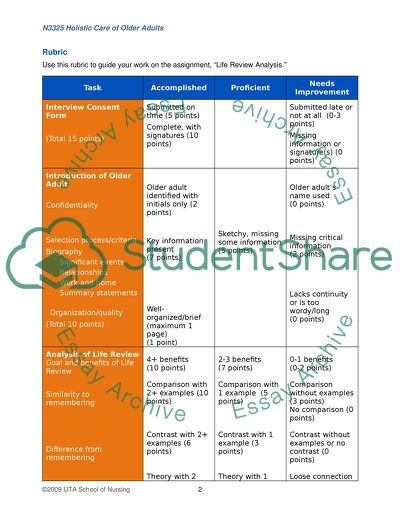Cite this document
(“Holistic Care of Older Adults Research Paper Example | Topics and Well Written Essays - 1750 words”, n.d.)
Holistic Care of Older Adults Research Paper Example | Topics and Well Written Essays - 1750 words. Retrieved from https://studentshare.org/nursing/1485494-holistic-care-of-older-adults
Holistic Care of Older Adults Research Paper Example | Topics and Well Written Essays - 1750 words. Retrieved from https://studentshare.org/nursing/1485494-holistic-care-of-older-adults
(Holistic Care of Older Adults Research Paper Example | Topics and Well Written Essays - 1750 Words)
Holistic Care of Older Adults Research Paper Example | Topics and Well Written Essays - 1750 Words. https://studentshare.org/nursing/1485494-holistic-care-of-older-adults.
Holistic Care of Older Adults Research Paper Example | Topics and Well Written Essays - 1750 Words. https://studentshare.org/nursing/1485494-holistic-care-of-older-adults.
“Holistic Care of Older Adults Research Paper Example | Topics and Well Written Essays - 1750 Words”, n.d. https://studentshare.org/nursing/1485494-holistic-care-of-older-adults.


